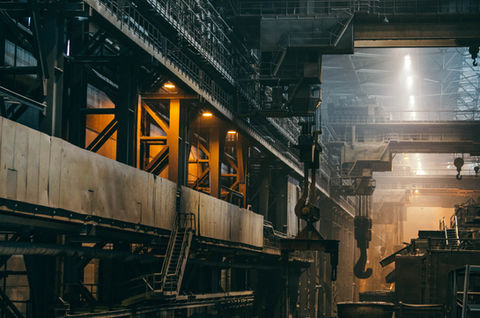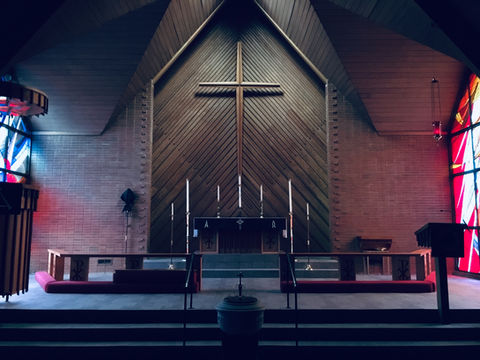
Who We Are
Honeywell's new Optimizer suite of controllers
Advanced Enviromation Inc. specializes in building automation system design and implementation. We are committed to providing our customers with open-source & open-protocol systems, utilizing the industry's largest and most trusted brand manufacturers. Our systems are designed to optimize your building's energy usage and comfort levels.
Our team of experts have years of experience in the building automation sector. We stay up-to-date with the latest trends and technologies to provide our customers with the most advanced solutions.

Why Choose Us
Bleeding-Edge
Technology
With a rapidly changing world, it is imperative that we stay on the forefront of technology and innovation to ensure our automation solutions allow you to optimize energy usage, reduce costs, and improve comfort for occupants.
Versatile Solutions
Our building automation systems are versatile and can be customized to meet the needs of any building, from small offices to large industrial complexes. We work with the industry's largest and most trusted manufacturers to ensure quality and reliability.
Expertise in Automation
Our team of experts has years of experience in automation technology. We stay up-to-date with the latest trends and technologies to provide our customers with the most advanced solutions.
Exceptional Service
We believe in providing exceptional customer service. Our team is available to answer any questions you may have and to provide ongoing support for your building automation system.
Our Sectors























